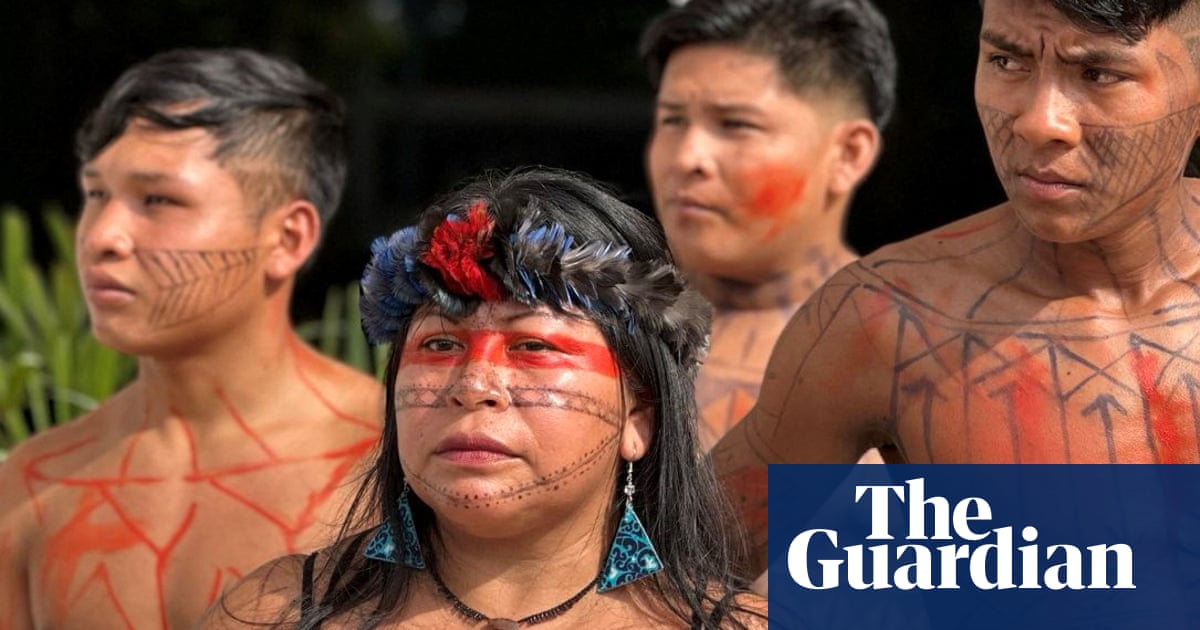This is the best summary I could come up with:
A controversial law curtailing Indigenous rights in Brazil has come into force, marking a victory for the powerful agribusiness caucus in congress.
The new legislation upholds the so-called “time marker” theory (marco temporal), which establishes that Indigenous peoples can only lay claim to land they physically occupied as of October 1988, when the current constitution was promulgated.
The law will have a negative impact on the conservation of forests, the fight against climate change, and the future of generations to come,” the Indigenous congresswoman Célia Xakriabá wrote on X (formerly Twitter).
Three of Lula’s vetoes were maintained by congress as a result of a political deal struck between the government and the opposition: the final law does not authorise contact with isolated groups, nor does it permit the use of genetically modified crops on Indigenous territories or give the government permission to reclaim land from groups whose cultural traits are deemed to have changed.
Activists warn that the law nonetheless represents a clear attack on Indigenous rights and exposes Native Brazilians to the risk of further violence.
Speaking in a government broadcast last week, Guajajara said she remained optimistic: “The supreme court has already declared [the thesis] unconstitutional, it is hardly going to go back on its own decision.
The original article contains 454 words, the summary contains 209 words. Saved 54%. I’m a bot and I’m open source!
What do those skin markings represent? The patterns are quite interesting and elaborate.
Bad Milei
He’s Argentina, not Brazil…
No me la container
deleted by creator
President Luiz Inácio Lula da Silva went on to veto several parts of the bill, but the conservative-dominated congress overrode his veto by a wide margin earlier in December.
deleted by creator




